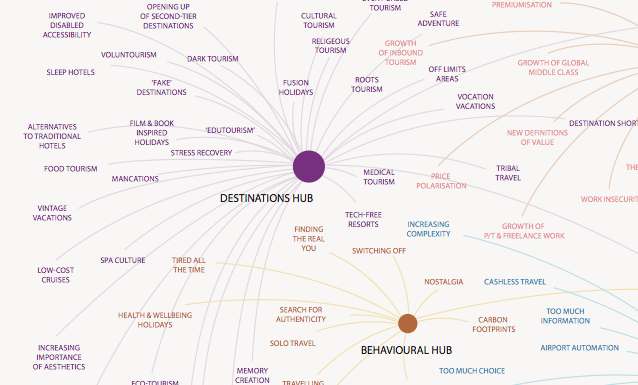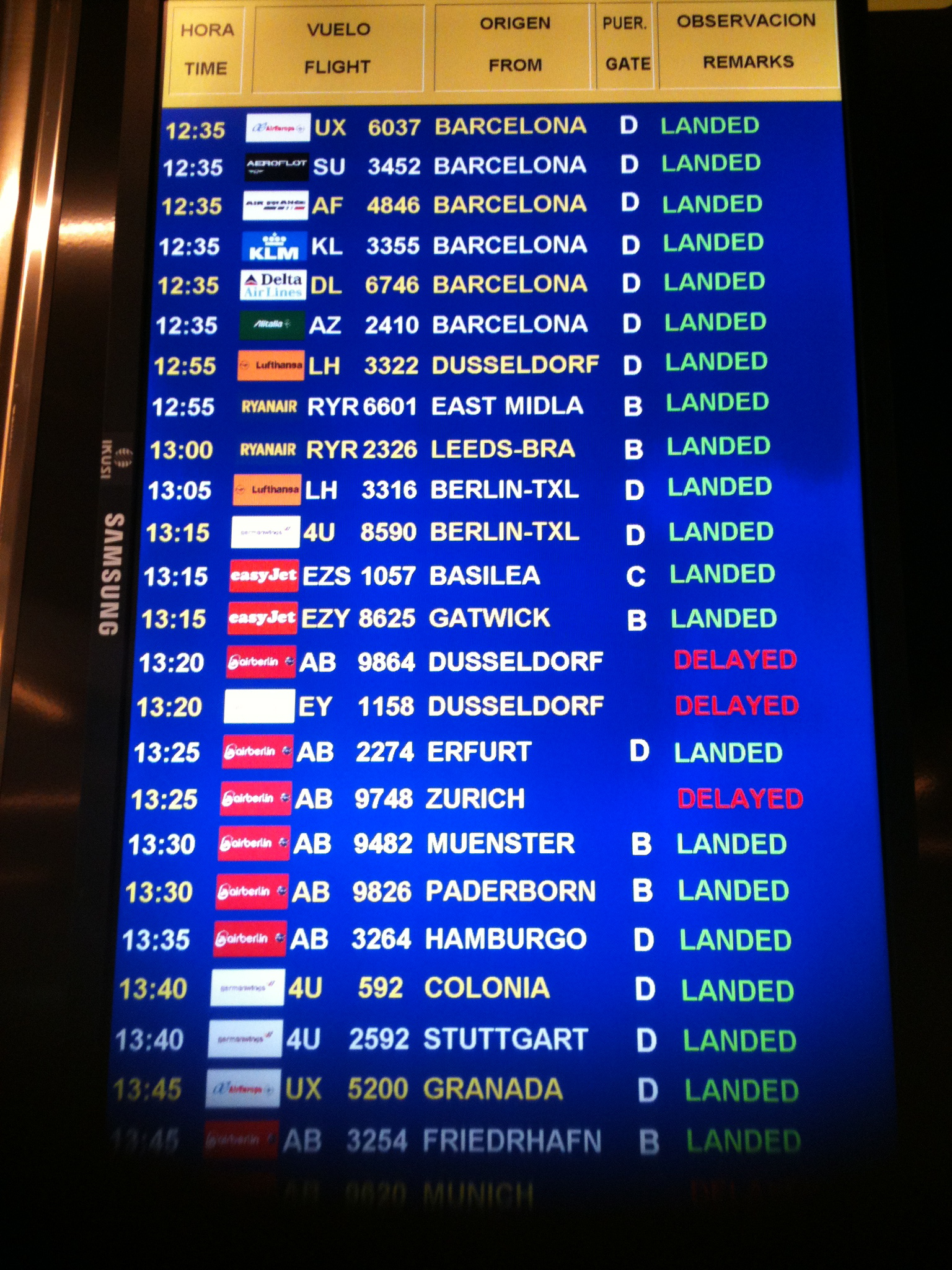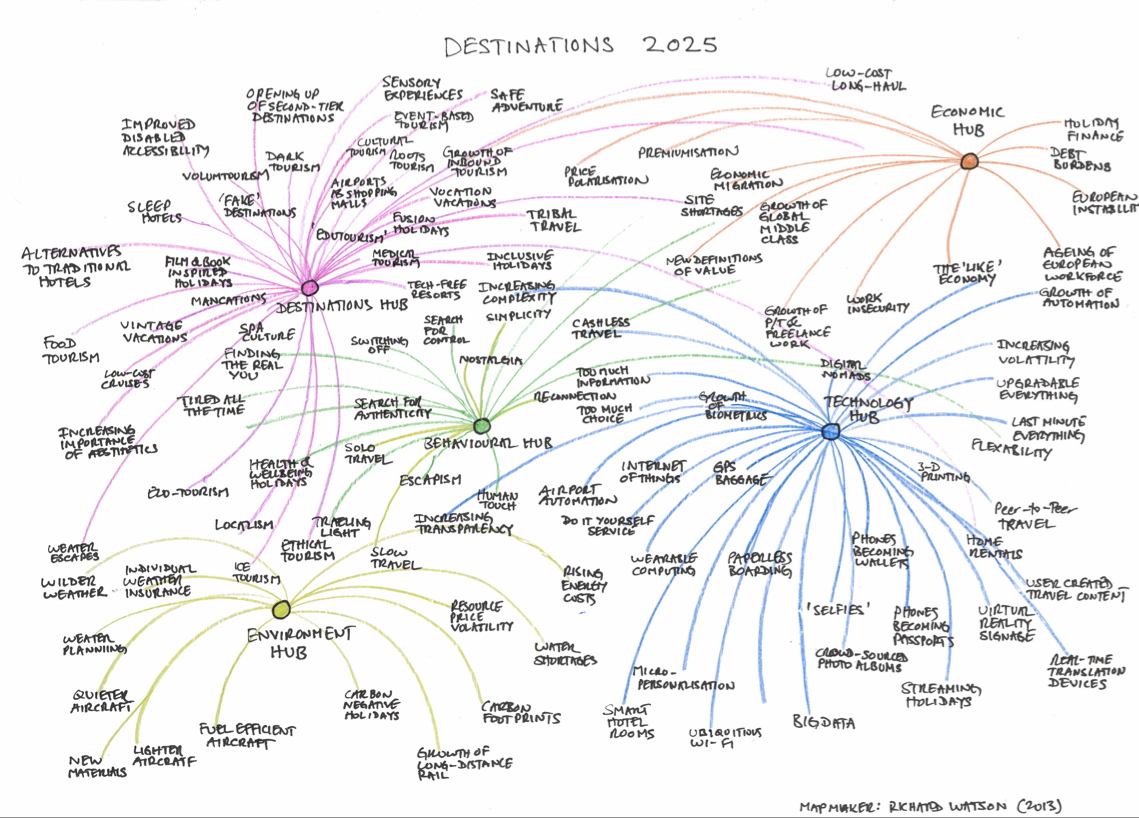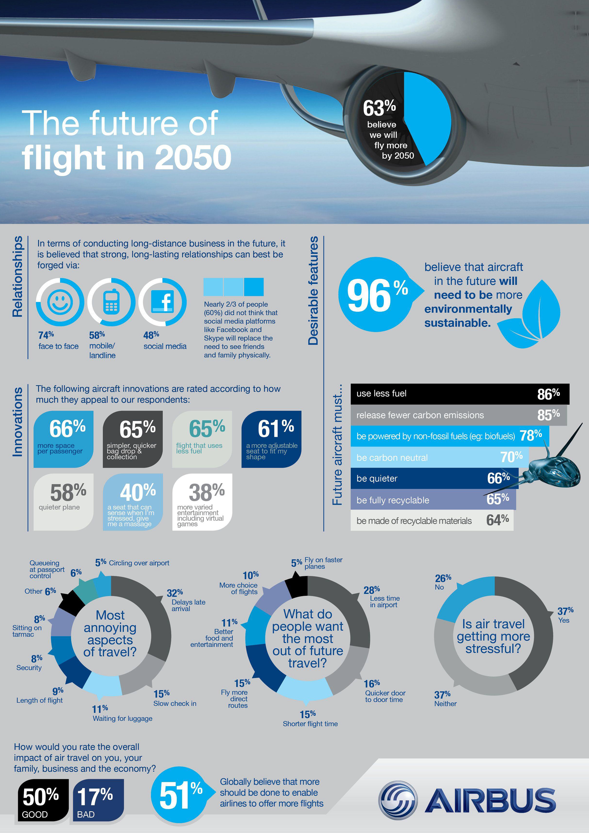Almost there. Up tomorrow with luck.
Category Archives: Travel & Tourism
Top Travel Trends
Trend 1: Ubiquitous connectivity
In the future everyone’s life will be carried around with them in the palm of the hand, on their wrist or in other wearable devices. Access to information will define social status and identity and personal technology will be an ever-present companion – at home and on holiday. Wearable computing will be the norm – Google’s recent purchase of smart watch manufacturer WIMM Labs is a first step to making this mainstream.
Even more than today people will be “always on”, with technology providing a “sixth sense”, allowing us to operate as virtual beings. Our mobile communication devices (which will not look like anything like the phones of today nor will be made of the same materials) will be used to communicate, to inform ourselves in real time about the world around us, to document the minutiae of our lives and to manage our finances. More than today, a high speed, totally personalised media and sensory rich experience. Ultimately, it is likely that micro-technology will be embedded inside us, with the human body becoming a future computer interface.
Trend 2: Personalisation
In the future, the personalisation of everything will be the norm.
The more of our data we willingly share online with organisations, the more they will be able to tailor their services to our needs – whether they are needs we are consciously aware of or not. The availability of 3D printing, allied to higher level personal computing, will allow us to be designers, creators and curators of our possessions and our surroundings. From mass production, to mass customisation, to micro-personalisation, we will be able to express our individuality in every facet of our lives and this will include our holidays.
Trend 3: Flexibility
As technology allows our lives to become more spontaneous and less pre-planned, the more we will demand flexibility in every aspect of our lives – starting with the fundamentals. For example, our careers will be increasingly “portfolio” as Charles Handy first predicted in his book, “The Empty Raincoat”, with rapidly changing skills allowing greater independence and the ability to move job, industry and location, more frequently and easily. We may have returned to being a rental economy in our housing as a result of higher prices and the desire for greater mobility. We will see modular cars as the norm, and we’ll increasingly lease them short-term, rather than buy.
As our working hours become more erratic, possibly with the expansion of “zero hours”, (already used by one in four companies according to the FT in August 2013) into middle class life, we will become more short-termist in our planning and this will include holidays. We will expect to be able to change our minds up to the last minute, combine disparate destinations, alter the names on our bookings and design, barter and bargain for deals. The challenge for companies will be to not just respond, but embed flexibility into every aspect of their offer.
Trend 4: Premiumisation
As we aspire to express our individuality, we can anticipate a future where premiumisation exists in every market. Having been told for years “you’re worth it”, we will come to believe it. Ubiquitous information accessibility will give us the tools to research and demand constant product and service improvements. Companies will have to be more transparent in every aspect of their offers and we will pick and choose the modular make–up of our lives. In our holidays we will want the option to upgrade everything. Exclusivity will be sought at every stage of the process. We will not just pay for quality, but also for scarcity and rareness. Time, space and solitude will be aspirational as we live in a more crowded and pressured world.
Trend 5: (Re)connection
As family structures change, working lives become more fragmented, children mature earlier and spend more of their waking hours online, people are already increasingly concerned about the amount of true quality time they spend together. We eat together less as families; the traditional interaction around the TV has been diminished by more of us watching different programmes on second and third screens, even if we’re in the same room. Research by Ofcom in 2012 showed that more people text family members daily than talk to them face to face. Travel will, as never before, offer an antidote to this for many. A rare opportunity for real, rather than virtual, connection with friends, family and ourselves. An oasis of peace in our lives.
Trend 6: Discovery
While sea, sun and sand will be the main essential ingredient for the majority of holidays, a growing number of us will in addition have a desire for more significant experiences. We may want to discover unfamiliar countries, get a fleeting feeling of being an insider and part of a different type of community. Different levels of adventure will be part of the mix of future holidays. For families in particular, exploration will have to be safe and provided by trusted providers. We may be looking to expand our mental horizons, absorb culture and learning. Agri-tourism and eco-tourism are just a couple of examples. Increasingly we will want to return from our holidays as different people – more experienced and more rounded.
Trend 7: Simplification
If we think we are subject to information overload now, the sheer volume of digital material we will be exposed to in 2025 will have the potential to boggle our minds. As an antidote to this, services that will make our lives easier, that know or can anticipate our preferences and take the burden of decision making from us will be prized. Brands that we can trust to know us better than we know ourselves, that act as avatars and filters, will be rewarded with loyalty and bonding. We will often seek out experiences that are pared down to their bare essentials as an antidote to complexity. – a new cult of minimalism. In holidays, access to peace will be as precious to some as access to premium services. We may be prepared to pay to be deprived of technology, just to have a few hours away from screens in techno – free retreats. Escape will be rare, hard to find and either extremely primitive and cheap, or extremely cushioned and expensive.
Trend 8: Sustainability
Only joking. Despite millions being poured into everything from towel re-use schemes to airline miles offsets, most customers, it seems, really couldn’t care less.
Future Travel Destinations
The Future of Holidays
I’m working on a project exploring holidays five, ten and fifteen years hence.
Two questions for anyone that’s interested (perhaps you are on holiday and have nothing else to do). First, why do people go on holiday? Second, how might holidays change over the next 15 years or so? Note that I’m not especially interested in what might be termed the Wallpaper magazine end of the market. I’m interested in mass-market tourism (so ignore image above, which is clearly meant for Vogue Travel).
Also note that the final report will be publicly available and that the image above may be subject to copyright if I ever need the money.
Plane stupidity
I’ve been in Greece doing some stuff. The hotel was very nice, but to be frank it could have been anywhere. Interestingly, the guests were largely American, although that’s probably because the hotel was linked to a large American chain. The BRIC tourist crowd that I usually bump into was nowhere to be seen, except for a few young Russians.
The journey out was awful. Because I wanted a direct flight I ended up going with Thomas Cook, which was beyond dreadful. It wasn’t so much the 8-hour delay, but the fact that nobody ever bothered to make an announcement about what was going on. The airport departures board continually displayed incorrect information (3, possibly 4, factually incorrect statements about boarding and departure times) and to find out what was actually happening you had to find the information desk (no signage whatsoever) and even then you ended up talking with a handling agent, not Thomas Cook.
My only explanation for this is that representatives of Thomas Cook were too scared to make an appearance in front of their own customers. You probably think I’m exaggerating this point, but when the final announcement about whether the plane had been fixed or not was about to be made 5 policemen turned up to keep the peace – in case the news was bad. Actually that’s one thing I’ve started to notice about the English – that they no longer sit quietly and do nothing, but complain loudly like Americans.
But what really got me was this. If the company had the foresight to arrange for the police to be present (armed, by the way, although this was a pure coincidence) then why did they not have the intelligence to handle the whole situation better?
What people wanted was information. They wanted someone from the company to show up in person and explain to them what was going on as soon as things looked bad (so within an hour of the missed departure time). If this meant saying that they didn’t know what was going on that would be fine.
Moreover, announcements that certain things would happen at certain times were just plane stupid if they then didn’t. I can understand (but only just) the fact that the departures board continually displayed incorrect information, because there was, I was told, a third party involved. However, people that explain, in person, that |”You’ll be off by 12,00”…“You’ll be boarded at 2.10” or ‘We can load the whole plane in fifteen minutes” should know better than to make promises they can’t necessarily keep.
Customer service moral: Tell people what’s going on directly as soon as there’s a major problem and don’t say things you know not to be true or things that may turn out not to be the case. I get on a lot of planes and I’ve never seen one carrying several hundred people boarded in 15-minutes, for example.
Also, when you apologise to a planeload of angry customers, do it from the heart and not from a soulless script. “We’re sorry for the delay” is a perfectly good response if a plane is 15-30 minutes late. If a departure is 8 hours behind schedule it just won’t do. “We’re incredibly sorry for the huge delay” might be a little bit better. Equally, offering passengers “One free drink” isn’t really appropriate. Do what Virgin Blue once did and say: “All drinks are on us until the bar runs dry”.
BTW, I’ve got two book recommendations for you. The first one is called Why You are Australian by Nikki Gemmell. It’s a letter from the author to her children about why she moved then from England to Australia and it’s terrific.
The second book, that I picked up on impulse at the airport, is called future Babble: Why expert predictions fail – and why we believe them anyway by Dan Gardner. I’m still reading it but so far so good.
Future of Flight (good graphic summary)
The Future of Flying
I wish I’d seen this before I did a presentation to the British Airline Pilots Association. Some good futuristic stuff in here, much of which I’ve seen before, but some of which not (e.g. formation flying, illustrated). Click here for the PDF (17 pages). The section on biomimicry on their website is good to.
BTW, if future of flight/flying/airlines is your thing follow the tags below.
The Russians are coming
I’m lying face down in the Indian Ocean wondering where all the Chinese have gone. To be more precise, I’m in a bungalow on slits lying on a massage table at one end of which is a hole through which you can put your head and through which you can see the remnants of a coral reef and a few fish thanks to a glass plate inserted into part of the wooden floor. Did I mention I’m wearing black nylon women’s underwear? (I’ve had a few massages in my time, but I’ve never before been asked to wear nylon knickers under my towel, which is really pants if you know what I mean).
Anyway, the point of this story is that at the end of the massage the woman leans over and says “Good, but ouch.” I think she was referring to the strength of her massage technique and the fact that I’ve done something to the muscles in one of my arms, but perhaps she was referring to the world economy over the next couple of decades.
I’ll use that line somewhere one of these days.
Other observations. The resort – in the Maldives – is a real melting pot of nationalities, especially Indian’s, Arabs and a few Europeans, but at least one third of visitors are Russians, many of whom are the colour of freshly fallen snow. In the evenings, a local band plays traditional Russian folk songs. There are no American tourists anywhere to be seen.
I spoke to one of the resort staff and he said that before the 2012 coup, 80-85% of tourists were Chinese. I’m probably reading too much into this, but perhaps the Russians are a little more used to political turmoil?
And no, there are no pictures of my knickers.
Pilotless planes
So when are we going to see pilotless planes? We have the technology as they say. Insane? Not really. If you’d mentioned the idea on an elevator (passenger lift) without a human operative to someone in the 1920s they would probably have thought you were mad. Now we don’t give the idea a second thought.
We have UAVs (Unmanned Ariel Vehicles) already in warfare and I’d imagine pilotless cargo planes may be next. So how about a totally pilotless passenger jet by 2050? We could do this tomorrow if we wanted to.
The Future of Aviation
Following on from my earlier post about scenarios for the future of aviation, I’m still thinking about flying. In terms of no-brainers, the three highest impact events are likely to be a high (or volatile) oil price, legally binding emission regulations and either massive growth or massive collapse of passenger demand caused by some kind of external factor – most probably security fears (another 9/11 style-event) or the state of the global economy.
Industry consolidation looks reasonably certain, especially if you have some cash-rich nations (oil producers or Asian sovereign wealth funds for example) flying alongside some very indebted nations and carriers. Growth of low-cost seems a reasonable assumption, along with the development of low-cost cargo and low-cost long haul, although as the oil price rises (or carbon costs bite) I think you’d expect some level of substitution towards ground based transport for short-haul.
Growth of technology is another big one. This would cover everything from an expansion of virtualization (less need to physically travel) through to greater cockpit automation and even UAVs (less need for pilots arguably). Technically we could have pilot-less planes right now, but I suspect that he general public couldn’t quite stomach the idea at 30,000 feet.
Technology would also take costs out at the bottom level and add to overall experience at the other. For example, how about an airline seat that recognizes who you are when you sit down and selects favorite films, music and so on (not much different from high-end car seats that recognize individual drivers and adjust themselves (and the radio station).
On the last flight I took (LHR-JFK) last week the steward had written my food order and frequent-flyer status on a bit of paper and stuck it to the kitchen wall with masking tape. I’m sure there’s a better way of doing that!
You’d also expect technology to have a huge impact on aircraft design, creating lighter and stronger structures, more efficient engines (lower fuel burn so greater range) and fewer emissions, although I’m not convinced that this would, in itself, transform the industry. Smaller airports with smaller planes? I can’t see this making much of an impact either.
Overall I’m starting to see two potential scenarios. The first is more or less business as usual with global growth in passenger numbers sitting alongside higher operating costs and rising congestion, especially at airports. This scenario could split, with a rather nasty no-frills industry at one end (think of the stress and discomfort of flying with Aeroflot in the 1970s) sitting next to pure decadence at the other (think of the dawn of flying, with jet travel as the ultimate luxury experience – but only if you could afford it).
The second broad scenario is more or less collapse. Fuel costs, carbon legislation, terrorist attacks or virtualization wipe out most of the industry and it’s back to the 1950s with a resurgence of rail, long-distance sea journeys and localized road transport.






